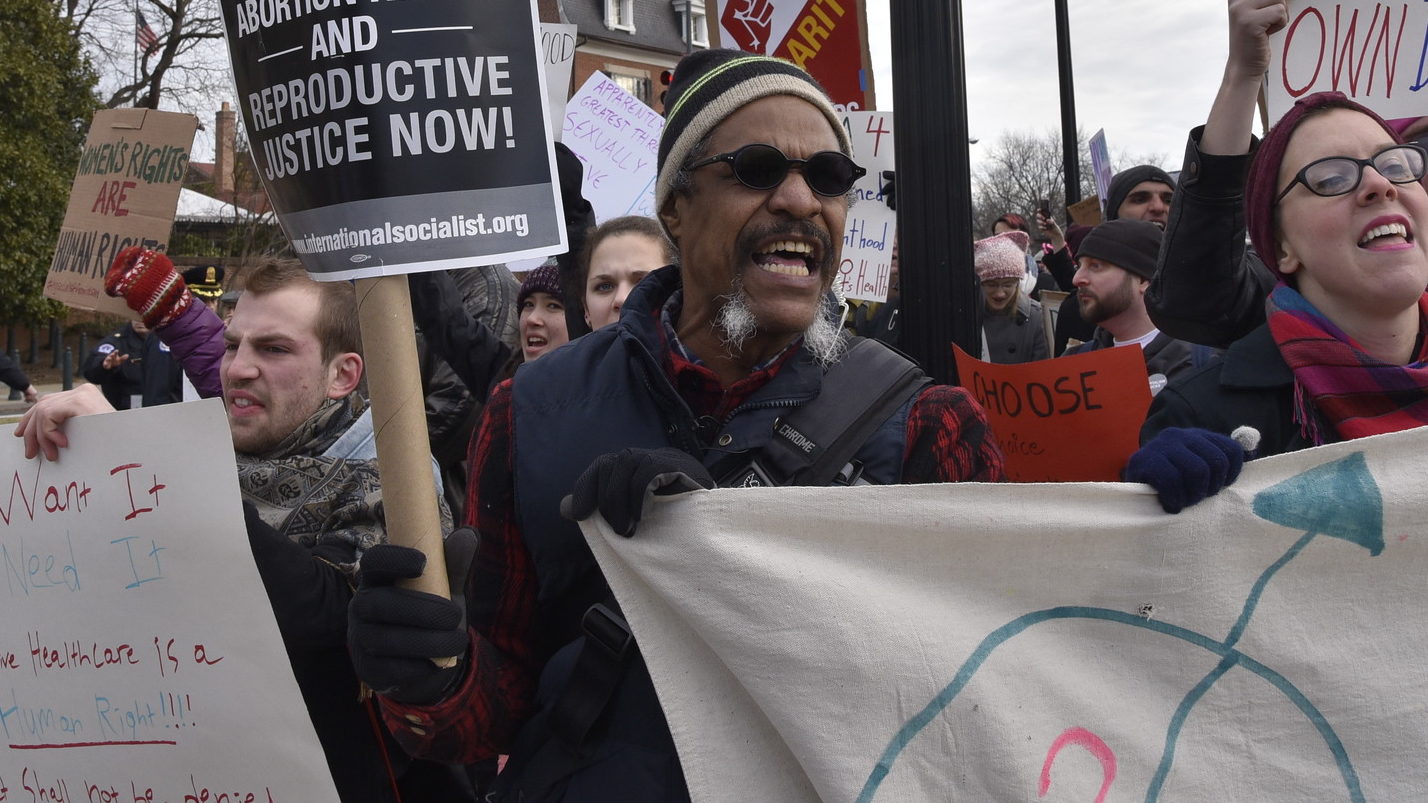
You are invited to listen to the following section of Return to Order, “The Destruction of Higher Law” from chapter 11. Afterwards, consider the following questions and how they apply to our present moral crisis.
Listen:
Return to Order, Part1, Chapter 11, The Implosion of Individualism, “The Destruction of Higher Law”
Learn:
Individualism is the foundation of America’s cooperative union. It popularizes the idea of the autonomous individual who thinks and does whatever he wishes. The only unconditional right is that of self-preservation.
There is a distinction between individuality, which develops the talents of the individual acknowledging a moral law and the common good, and individualism, which makes each one the center of an enclosed world of personal self-interest.
However, individualism is much more than just doing as one pleases. It teaches a philosophy of life, in which each individual is a totally autonomous, self-made man, the sole architect of his own freedom and destiny, with infinite possibilities, completely free to construct an eternally new self. People mistake this proliferation of choice for true freedom.
Individualism results in a paradox of isolation and conformity. The self-made man isolates himself by discarding the social anchors of family, morals, traditions, and special obligations. Without these anchors, the person is insecure and conforms to what others are doing, thus creating the masses. Individualism promises autonomy, but delivers collectivism.
One consequence of individualism is a decline in the sense of community and a proliferation of shallow associations. It also leads to hostility towards the State, which becomes the mere keeper of order and protector of property. Finally, individualism leads to a denial of a higher moral law. Law is reduced to aiding self-interest and safeguarding property or contracts. The source of law becomes the intrusive State.
This individualist order is now imploding and threatens true freedom.
[like url=https://www.facebook.com/ReturnToOrder.org]
Discussion Questions
1. Discuss and give examples of ways in which society promotes an individualism based on a proliferation of choices in which the person believes that “I can do as I wish.” Do these promises always prove true?
Examples of how society promotes individualism as a proliferation of personal choices might include the following:
In matters of career choices, one is told one can be anything one wishes. The car frees the individual to go anywhere. The universal use of the cell phone promises to connect instantly with whomever one wishes. First Amendment rights grant the right to say anything…except if it is politically incorrect. The abundance of goods in shopping centers gives the impression that one has the ability to buy whatever one wants. Online choices make similar promises. The use of search engines like Google promise unlimited knowledge and information. Social media promises unlimited connections with others. All these examples have limitations and disappointments that might be discussed.
2. In your experience, in what ways is the lack of community manifested? Discuss and give examples of ways one can be isolated under individualism.
Ways people can be isolated under individualism might include the following:
People often lack a sense of local and national history because they are not involved in communities. People are not encouraged to find out where they come from. They rarely know their genealogy. Americans are constantly moving, and therefore often lack local roots and feel isolated. Many family members are isolated because they are scattered all over the country. National elections display a lack of national unity since many think only of personal benefits. There is little cultural unity since everyone is encouraged to develop his own personal culture. In business and society, there is a prevailing “What’s in it for me?” mentality.
What Does Saint Thomas Say About Immigration?
3. What pressures do you feel to conform to the fashions of the day?
Pressures to conform to the fashions of the day can be seen in the use of slang; the pressure to dress like others, eat like others, or listen to the same music. There is a pressure for people to know about the latest movie, star, or entertainment, or to be up on the latest in sports regardless of whether one likes the sport. Technologically, there is the pressure to know about or have the latest gadget or to be engaged in social media.
4. Discus and distinguish between freedom and choice.
Freedom is the facility to choose the means toward a determined good. When one chooses evil, it actually enslaves one to passions. Choice is the mere act of choosing. Freedom is not choice.
5. Discuss and give examples of hostility to the State, especially those caused by the denial of a higher law.
Hostility to the State can be seen in a hostile attitude towards high taxes and all taxes in general, a resentment of abusive overregulation, a disregard for politicians of all types, or suspiciousness of all government, especially when it abuses power as seen in huge government programs or entitlements. This hostility is especially present among moral Americans who blame the State for immoral law as can be seen when individuals delegate to the State the role of being the source of law, thus resulting in abortion, homosexual marriage, and conscience violation. Abusive enforcement of laws thus becomes possible.
What Does Saint Thomas Say About Marriage?
6. How can you oppose the abuses of individualism? What concrete measures can you take to avoid this?
This can be done in the following ways:
-
- Be a good Catholic.
- Be a volunteer or fight for a cause greater than self.
-
- Strengthen and think in terms of cohesive groups like family, community, or parish.
- Fight for the cause of the Church and the moral law.
- Protest against abuses of higher law, especially those in which you have no direct interest.
- Be patriotic.


